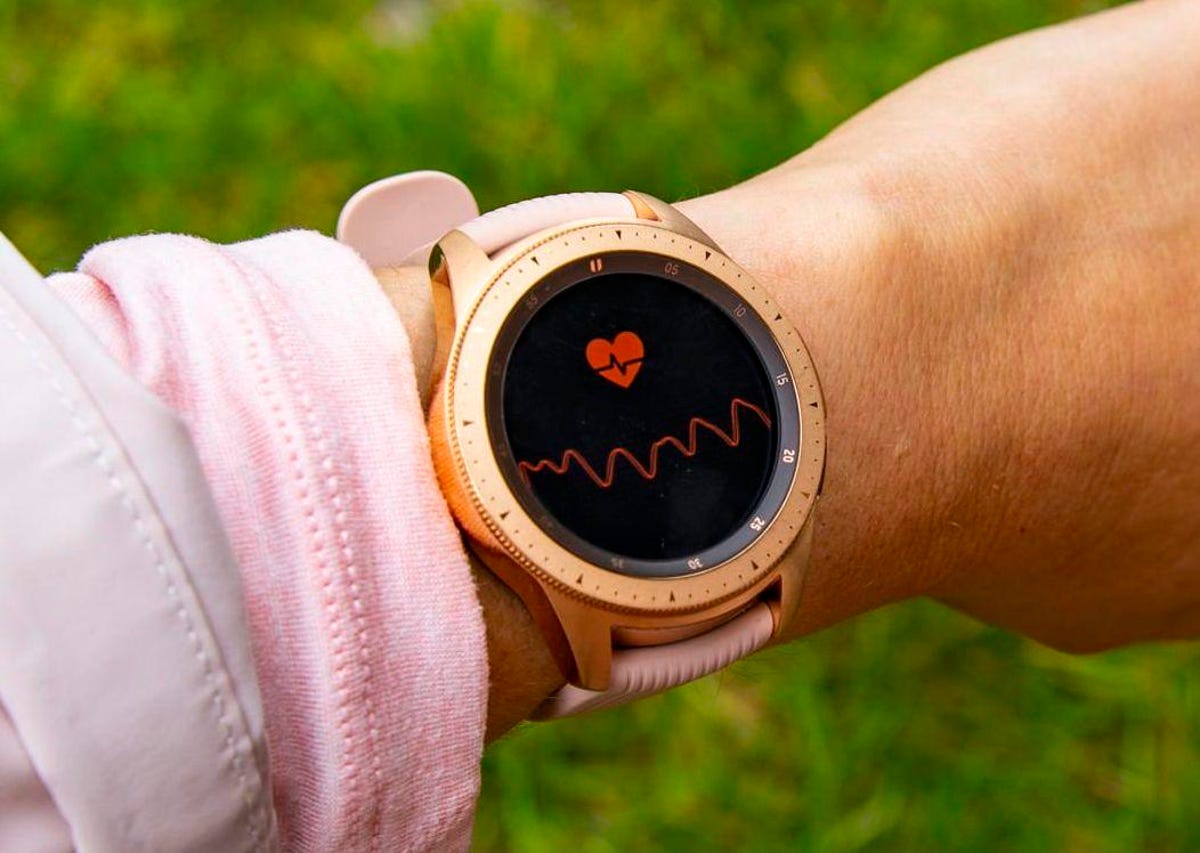How many times have you been left breathless climbing up the stairs at home or during your commute? You’d think that by now your lungs and body would be used to it. Even if you run regularly or keep up with your steps daily, the outcome is the same.
It turns out, getting winded while doing simple activities isn’t a sign you’re out of shape — it’s something that happens to everyone, fit or not. There are ways to make this feat somewhat easier all by integrating a few simple habit changes into your life. Read on to learn how to conquer stairs without getting (too) breathless each time you climb a flight.
For more ways to improve your everyday wellness, learn about which exercises will help you age gracefully, how much water you really need to drink and the health benefits of apple cider vinegar.
Read more: Best Fitness Apps
Why do I get winded going up stairs?

If you check your heart rate, it’s likely to have spiked way up.
The fancy medical term for what’s happening when you get winded walking up stairs is “exertional intolerance“. While approaching stairs, you’re not warmed up — your muscles are cold, your heart rate is low and your body is not ready to move suddenly. When you start climbing, you’re essentially doing single-leg squats with some cardio mixed in, and your heart rate quickly skyrockets. Your body suddenly needs more oxygen — hence the feeling of being winded.
Another reason why it affects you so strongly is because walking up stairs uses your fast-twitch muscles, which are used for explosive movements, and muscles like your glutes that you may not commonly train. If you’re an endurance cardio nut like me, you’re in great shape, but sustained exercise like this uses slow-twitch muscles. So, it won’t transfer over super well to exercises like stair climbing.
If you’ve been hitting the gym regularly but the stairs are still giving you trouble, don’t fret that you’re not in good shape. There are plenty of other ways to measure your overall health and fitness, including your heart rate or other metrics like body composition and strength.
Read more: Best Running Shoes for Women
How to make going up stairs easier

Lunges will help you conquer the stairs with ease.
If getting out of breath while climbing stairs is really putting a damper on your life, there are steps you can take to lessen the annoyance. I’m not going to suggest that you jog in place for a moment to warm up before ascending a short staircase with your boss, but here are a few ways you can prepare yourself ahead of time.
First, incorporate stair-specific exercises into your workout routine to train your body for the stimulus. Exercises such as sprints, jumps or other explosive movements will help with the sudden exertion. To train your glutes and legs, try bodyweight exercises like squats and lunges.
If you are looking for exercises to do in order to improve endurance, consider the following:
- Biking
- Hiking
- Brisk walking or running
- Rowing
- Swimming laps
If you smoke cigarettes, it’s almost certainly contributing to your windedness. Although e-cigarettes are touted as a healthy alternative, preliminary studies suggest that vaping also damages your lungs.

What is VO2 max?
Used to test aerobic endurance or cardiovascular fitness, VO2 max is the maximum amount of oxygen you can utilize during exercise. It is measured in milliliters of oxygen consumed in one minute, per kilogram of body weight (mL/kg/min).
VO2 max is measured with a mask and heart rate monitor that are hooked up to a treadmill or stationary bike. Because of this, you will need proper equipment to get an accurate measure of your VO2 max. If you think this is a measurement you can benefit from, especially if you are working on your endurance while going up stairs, consult your doctor for their opinion. There may be VO2 max testing at a health center or gym near you.
When to call your doctor

If you think your windedness is out of the range of normal, call your doctor.
If you’re debating whether or not to call a medical professional, you’re better safe than sorry. One major warning sign to look out for is chest pain that comes on when you get winded — it could be a sign of heart disease or a coronary blockage. The doctor will do a stress test, and if you do have a blockage, there’s a simple procedure to fix it. Swollen feet and ankles or coughing are other signs there may be something wrong with your heart.
Another reason to seek medical help is if getting winded from basic activities is affecting your daily life — for example, if you avoid walking short distances. Or, if the situation doesn’t get better once you start exercising more, it may be time to consult a doctor or physical therapist.




















+ There are no comments
Add yours